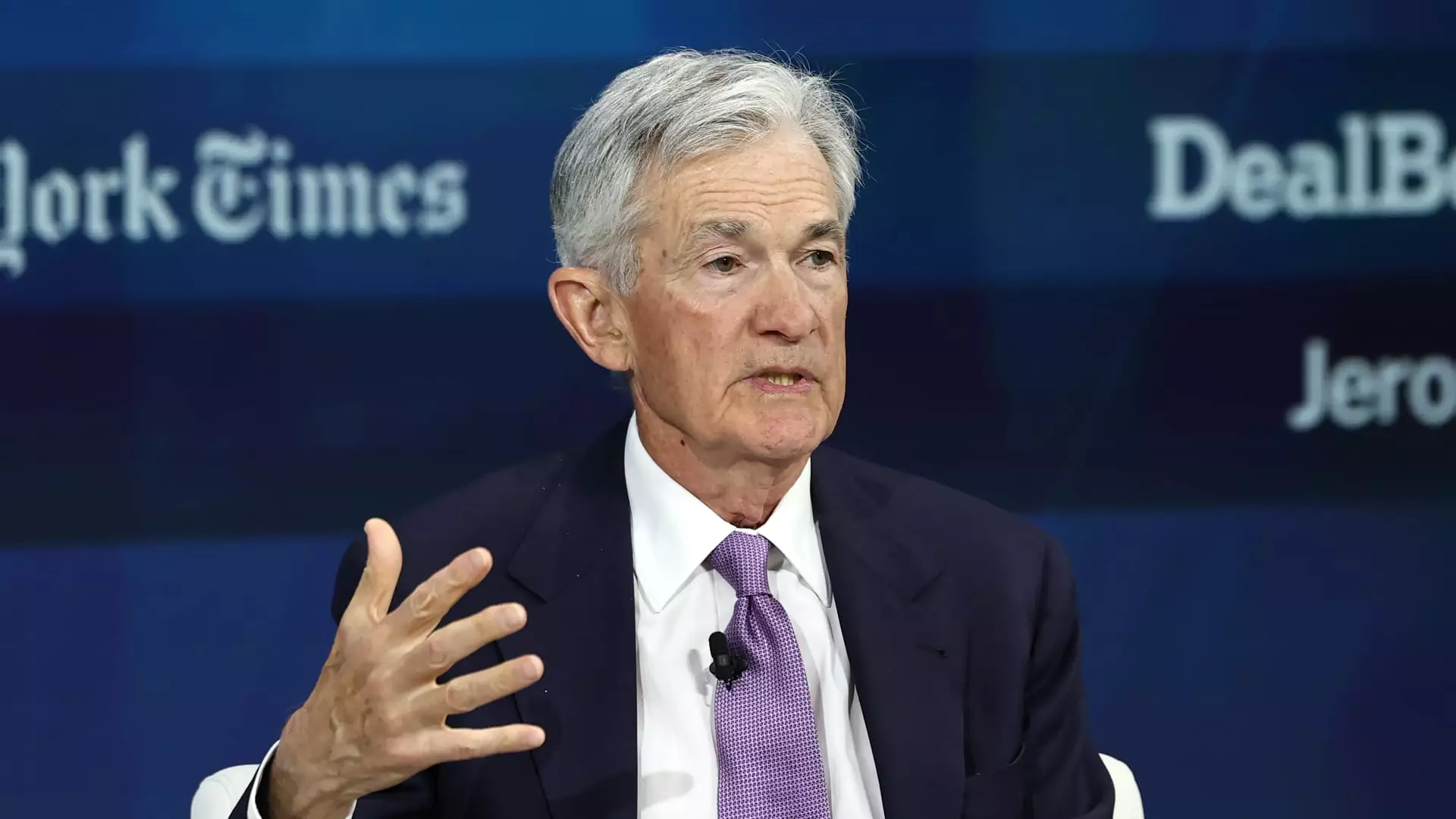As the political landscape in the United States prepares for a shift with the inauguration of President-elect Donald Trump, questions have arisen regarding the autonomy of the Federal Reserve. Jerome Powell, the current Chair of the Federal Reserve, recently addressed these concerns in a candid interview. While historical precedents show that various presidents have attempted to influence the central bank, Powell remains optimistic about the Fed’s independence and its ability to carry out its mandate free from political pressure.
During a recent appearance at the New York Times’ DealBook Summit, Powell articulated the essence of what it means for the Federal Reserve to operate independently. He emphasized that independence allows the Fed to implement decisions without external reversals. The legislation that established the Fed incorporates several safeguards specifically designed to protect its decision-making processes from political meddling. Powell enunciated, “What does independent mean? It means we can make our decisions without them being reversed.” This sentiment is crucial, as it underscores the foundational principles upon which the Fed was built—principles intended to serve the economic stability of the nation rather than any individual political agenda.
The importance of this independence cannot be overstated, especially in an increasingly polarized political environment. Powell’s assurances act as a reminder that the Federal Reserve’s primary objectives—namely, maximum employment and price stability—are meant to benefit all Americans, not just specific political factions.
Despite the looming questions about interest rates and monetary policy, Powell’s tone suggested a measured and cautious approach. He noted that the current economic landscape of the U.S. is aligned with being a benchmark for other large economies, offering the Fed the luxury of patience in determining future rate adjustments. Presently, market predictions lean heavily toward a possible cut in the key borrowing rate by a quarter of a percentage point in the coming weeks, which would signal the Fed’s responsiveness to economic conditions.
However, the Fed’s decision-making process is not merely reactionary; it requires a nuanced understanding of both domestic and global economic indicators. As Powell pointed out, the capacity to think long-term rather than being swayed by short-term political pressures is vital for the economic health of the country.
History reveals a complex relationship between the presidency and the Federal Reserve. Donald Trump is not the first president to express dissatisfaction with the Fed’s actions; however, his approach was distinctly public and vocal. Throughout his presidency, he criticized the central bank’s policies and openly called for changes in how monetary policy is formulated.
Powell, who was nominated by Trump, acknowledged this difficult past yet asserted his belief that Congressional support could act as a barrier against any attempts to compromise the Fed’s autonomy. He stated, “I think there is very, very broad support for that set of ideas in Congress in both political parties,” which speaks volumes about the potential for bipartisan agreement on the necessity of an independent central bank.
As the Federal Reserve prepares to face a new administration, its capacity to maintain independence will be tested. Economists and market participants alike are closely watching how the Fed navigates the challenges posed by a politically charged environment. The upcoming interest rate decision will serve as a critical indicator of the Fed’s strategic vision and ability to balance economic growth with stability.
While the interplay between politics and monetary policy is fraught with challenges, the Federal Reserve’s commitment to independence remains a cornerstone of its function. Jerome Powell’s confidence in the resiliency of the Fed against political influence serves as a reassurance to the market and the public alike that the integrity of monetary policy will prevail, safeguarding the economic well-being of all Americans.

Leave a Reply